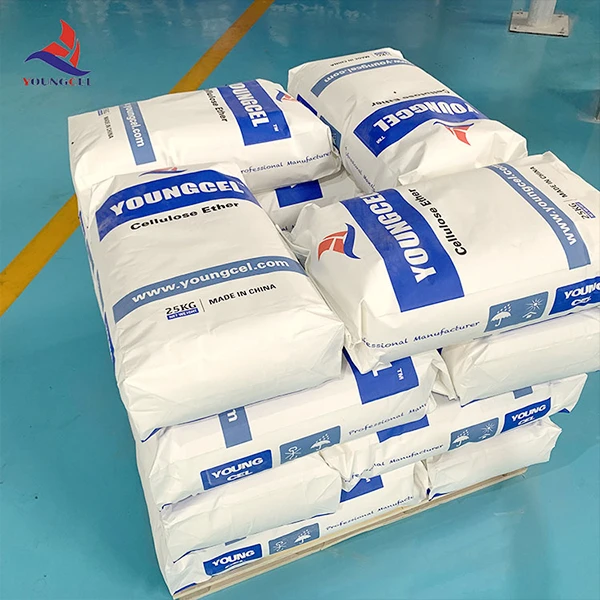The Role of Chemical Thickening Agents in Various Industries
Chemical thickening agents play a crucial role in enhancing the texture and consistency of various products, particularly in food, cosmetics, pharmaceuticals, and industrial applications. These substances are pivotal to achieving the desired viscosity and stability, ensuring that products meet consumer expectations and industry standards.
Understanding Chemical Thickening Agents
Thickening agents are substances that increase the viscosity of a solution without substantially altering its other properties. They can be natural, such as guar gum or xanthan gum, or synthetic, such as polyacrylamides. Their primary function is to modify the flow behavior of liquids, making them thicker and more stable. This is particularly important in formulations where separation and settling can compromise quality.
In the food industry, thickening agents are often used to enhance the mouthfeel, appearance, and overall quality of various products. For example, sauces and dressings often incorporate these agents to achieve a creamy texture that clings to food. In dairy products like yogurt and ice cream, they help to maintain consistency and prevent ice crystal formation. Thickening agents ensure that these products have a pleasing texture, enhancing the eating experience.
Applications in Cosmetics and Personal Care
The cosmetic industry also heavily relies on chemical thickening agents. In lotions, creams, and gels, these agents contribute to the desired texture, improving spreadability and consumer appeal. For instance, xanthan gum is frequently used in facial moisturizers and hair gels due to its ability to stabilize emulsions and provide a silky feel on the skin or hair. Moreover, the use of thickening agents helps to prolong the shelf life of these products by preventing separation.
chemical thickening agent

Pharmaceuticals benefit from these agents as well, particularly in liquid formulations. Many liquid medicines require a certain viscosity to facilitate administration and ensure proper dosage. Thickening agents can enhance the stability and absorption of active ingredients, thereby improving the efficiency of medications. Products such as syrups or suspensions often contain thickeners to ensure that the medication is evenly distributed.
Industrial Uses and Implications
Beyond food and personal care, chemical thickening agents are critical in various industrial applications. For example, in the paint and coatings industry, they are used to achieve the right flow and application properties. Thickeners help control the viscosity, preventing settling and ensuring smooth application. Additionally, thickeners are essential in the production of adhesives, where they improve the adhesion properties and application characteristics.
Environmental concerns are also leading to an increase in demand for sustainable and eco-friendly thickening agents. Industries are gradually shifting towards natural and biodegradable alternatives that minimize their environmental impact. For instance, modifications of natural polysaccharides are becoming popular as they not only perform the necessary thickening role but also align with green chemistry principles.
Conclusion
The significance of chemical thickening agents cannot be underestimated. From enhancing the texture of food products to improving the efficacy of pharmaceuticals and personal care items, these agents are integral to creating products that meet consumer demands for quality and performance. As industries evolve and sustainability becomes a priority, the focus on natural and eco-friendly alternatives will drive innovation in the development and application of thickening agents. The future promises even greater advancements, paving the way for products that are not only effective but also environmentally responsible. As we continue to explore the diverse applications of chemical thickening agents, it is clear that they will remain a vital component across numerous sectors.
-
Rdp that The Revolutionary Polymer Powder Transforming Modern Construction MaterialsNewsAug.11,2025
-
Hpmc Powder that Versatile Additive for Detergents and Personal CareNewsAug.11,2025
-
Hpmc Hydroxypropyl Methylcellulose that Essential Building Material Additive from Shijiazhuang Gaocheng YongfengNewsAug.11,2025
-
Hydroxypropyl Methyl Cellulos Hpmc that Essential for Construction ApplicationsNewsAug.11,2025
-
Mhec Powder that Revolutionizing Construction Chemistry with Cellulose Ether SolutionsNewsAug.11,2025
-
Industri Hpmc that The Global Backbone of Advanced ConstructionNewsAug.11,2025




